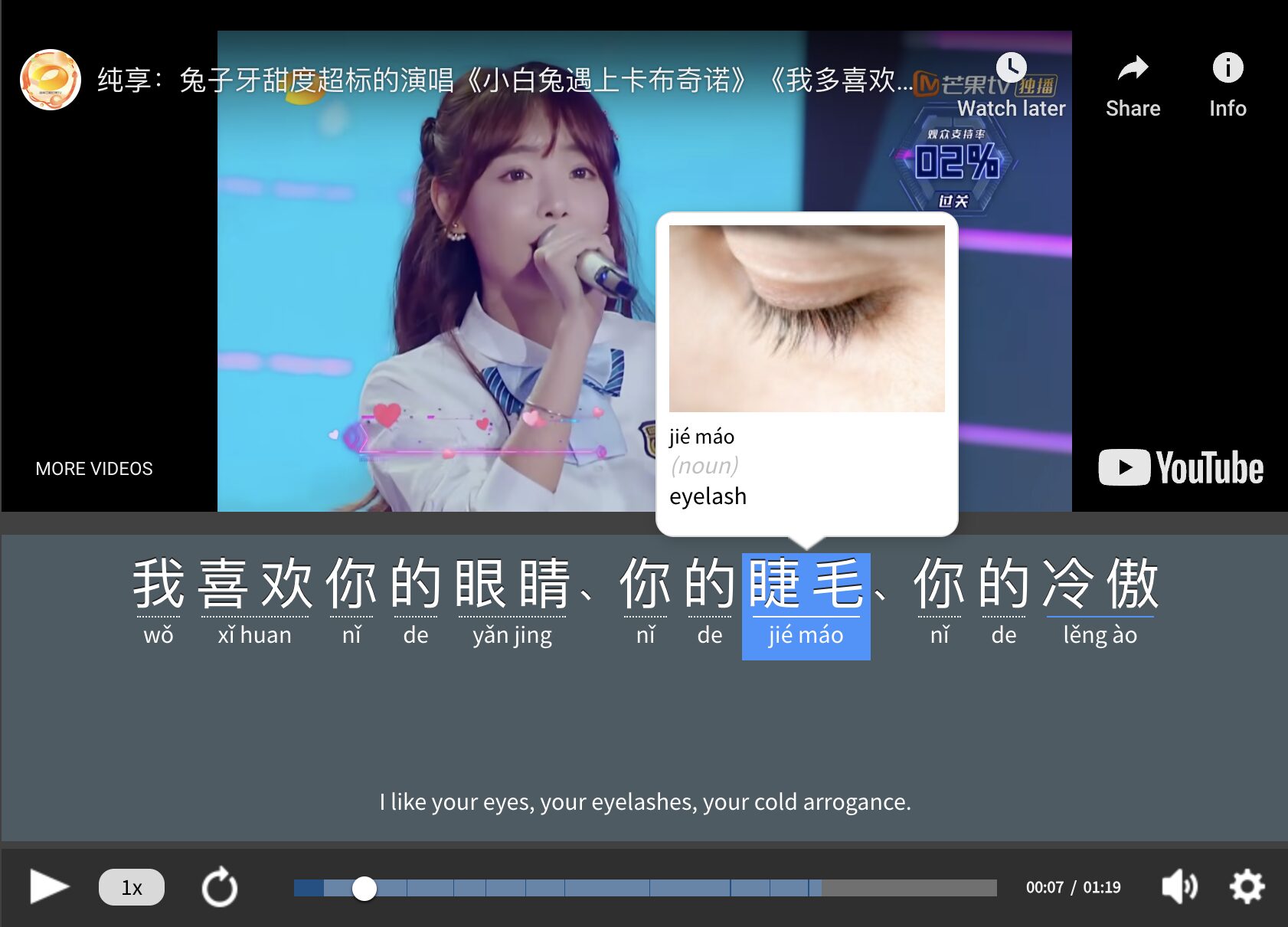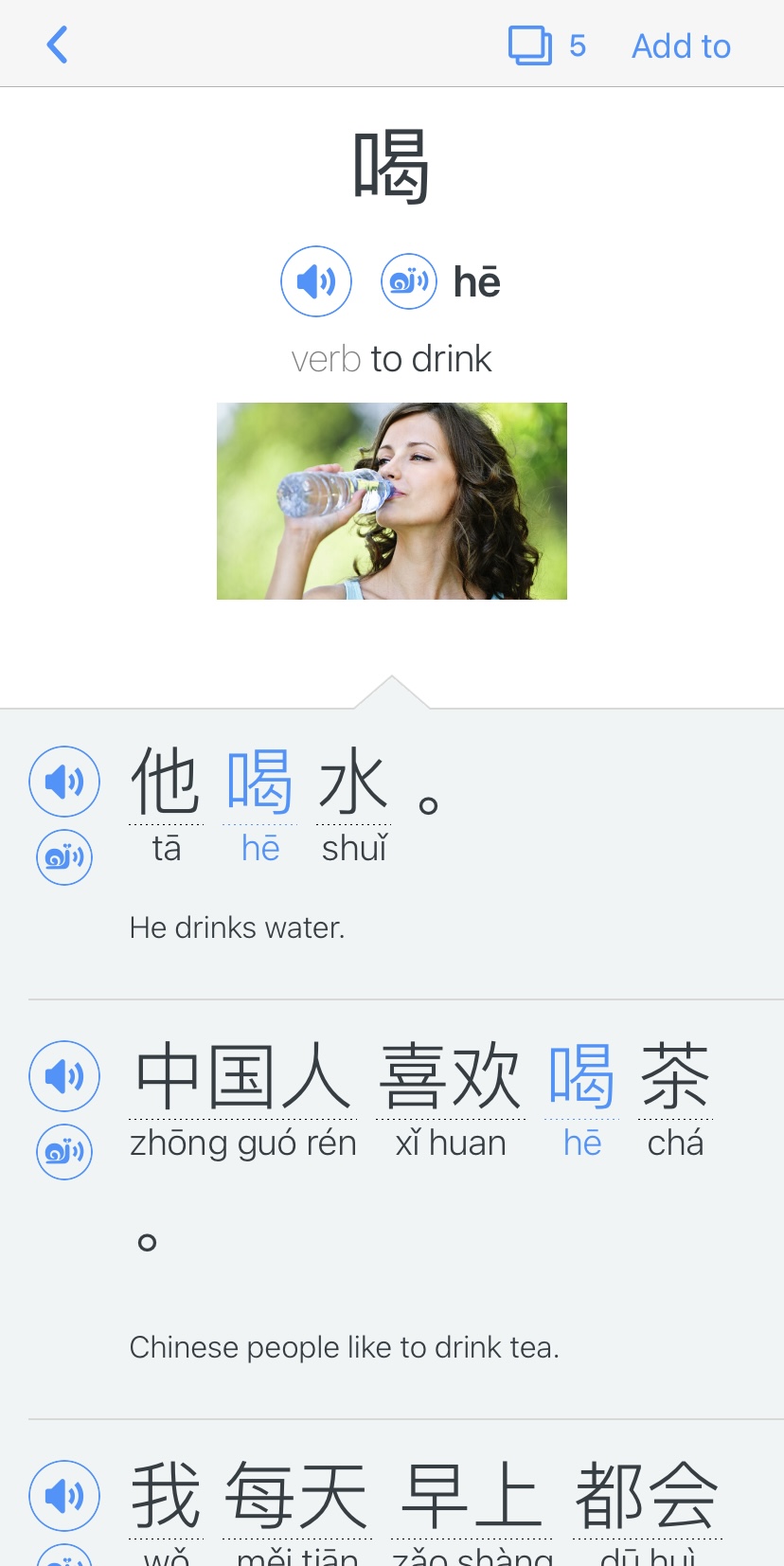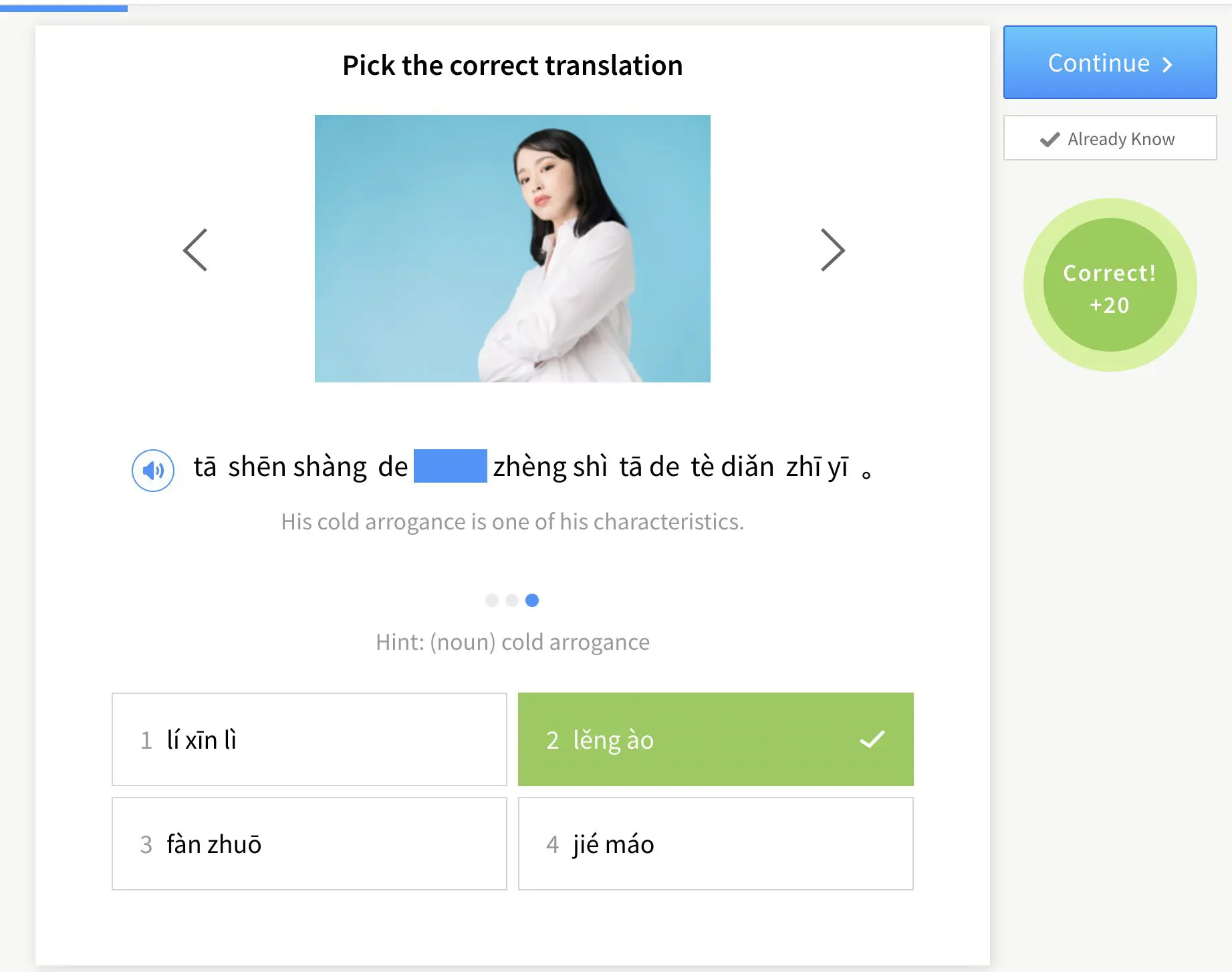How to Practice Tones and Questions with the Chinese Ma

Chinese is often hailed as one of the most difficult languages to learn, with all of its tones and homophones. But all those unique characteristics can be used to your advantage when it comes to learning the language.
Let’s take a look at how we can practice tones and create questions with the Chinese ma.
Download: This blog post is available as a convenient and portable PDF that you can take anywhere. Click here to get a copy. (Download)
Learning the Four Tones with Ma
If you are learning Mandarin as a speaker of a non-tonal language, such as English, you first need to get familiar with the four tones.
Let’s get acquainted with these four tones using our base word, ma. You will notice that different tones yield different meanings of this word.
- First tone. This tone is pronounced with a high and flat pitch. Keep your voice steady; your pitch does not need to be unnaturally high, though it helps to exaggerate all of these tones when you are first learning.
- Example: 妈 (mā) — mother
- Second tone. This is a rising tone. Start at a neutral pitch; your voice should rise until it matches the pitch of your first tone.
- Example: 麻 (má) — hemp.
- Third tone. This tone dips low before rising again.
- Example: 马 (mǎ) — horse.
- Fourth tone. This tone starts at the neutral tone or slightly higher, then falls sharply.
- Example: 骂 (mà) — to scold.
- Fifth or neutral tone. Some words in Mandarin do not have a tone; they are toneless, or neutral.
- Example: 吗 (ma) — particle indicating a question.
Sometimes the tones are marked with numbers instead of the usual pinyin marks. They’re simple to learn:
- First tone: mā, ma1
- Second tone: má, ma2
- Third tone: mǎ, ma3
- Fourth tone: mà, ma4
- Neutral tone: ma, ma
The neutral tone is frequently left unnumbered when it appears in pinyin. However, you may occasionally see it written as ma5.
A strong command of these tone mark denotations will help your reading fluency and speaking accuracy. On some computer input methods, you can even sort characters by tone to locate the word you want more quickly.
Using mnemonic devices like hand gestures and amping up your Chinese listening practice are great ways to master tones. You can also use the FluentU program to hear the tones in practice.
FluentU takes authentic videos—like music videos, movie trailers, news and inspiring talks—and turns them into personalized language learning lessons.
You can try FluentU for free for 2 weeks. Check out the website or download the iOS app or Android app.
P.S. Click here to take advantage of our current sale! (Expires at the end of this month.)
Using the Particle Ma to Create Questions
Now that you know your tones, let’s hone in on one of the most common ma words you will hear—the neutral question particle 吗 (ma).
This particle appears at the end of sentences to turn them into yes-or-no questions. You can think of it like a verbalized question mark—it signals to your listener that you are asking them something, rather than making a declarative statement.
Let’s take a closer look at how the particle 吗 (ma) turns basic statements into questions.
| Statement | Question with 吗 (Ma) |
|---|---|
| 他是你的老师。 (Tā shì nǐ de lǎo shī.) He is your teacher. | 他是你的老师吗? (Tā shì nǐ de lǎo shī ma?) Is he your teacher? |
| 你喜欢游泳。 (Nǐ xǐ huān yóu yǒng.) You like swimming. | 你喜欢游泳吗? (Nǐ xǐ huān yóu yǒng ma?) Do you like swimming? |
| 你会说中文。 (Nǐ huì shuō zhōng wén.) You speak Chinese. | 你会说中文吗? (Nǐ huì shuō zhōng wén ma?) Do you speak Chinese? |
| 她是德国人。 (Tā shì dé guó rén.) She is German. | 她是德国人吗? (Tā shì dé guó rén ma?) Is she German? |
| 图书馆在那里。 (Tú shū guǎn zài nà lǐ.) The library is over there. | 图书馆在那里吗? (Tú shū guǎn zài nà lǐ ma?) Is the library over there? |
Note that in all of these examples, the word order did not change when we made our sentences into questions. You only needed to add 吗 (ma) to turn your statements into questions!
Even the most basic affirmative words, like 是 (shì — yes) and 对 (duì — correct), can be turned into simple questions by following this rule.
For example:
| Statement | Question with 吗 (Ma) |
|---|---|
| 是 (Shì) Yes/Right | 是吗? (Shì ma?) Is that right? |
| 对 (Duì) Correct | 对吗? (Duì ma?) Is that correct? |
The tone of these two words is also neutral. However, you do not need to force yourself to keep a monotonous pitch.
If your vocal pitch naturally wants to rise a little as you ask a question (like it does in American English), feel free to allow the same to happen in Chinese.
You will become more comfortable with this as you practice your Chinese listening and speaking!
Ma Tongue Twisters for Practicing Tones and Questions
In addition to watching videos or finding an online Mandarin tutor, you need a quick way to remember and practice your tones.
Why not try a 绕口令 (rào kǒu lìng) — tongue twister?
The tongue twister that we saw at the start of this article, in particular, is popular amongst Chinese learners all around the world.
Here’s how it goes:
妈妈骑马。马慢。妈妈骂马。
(Mā mā qí mǎ. Mǎ màn. Mā mā mà mǎ.)
Mother rides a horse. The horse is slow. Mother scolds the horse.
This tongue twister manages to fit three of the four ma words we learned earlier into two grammatically correct sentences. The second tone also makes an appearance through the word 骑 (qí — to ride).
With a little practice, you will be well on your way to navigating smoothly between the four tones.
In addition to this popular riddle, we can also make our own tongue twister by turning those sentences into questions!
Each clause in the previous tongue twister can stand alone as its own sentence. As you now know, stand-alone sentences can transform into questions with the addition of the particle 吗 (ma).
Let’s try it!
| Statement | Question with 吗 (Ma) |
|---|---|
| 妈妈骑马。 (Mā mā qí mǎ.) Mother rides a horse. | 妈妈骑马吗? (Mā mā qí mǎ ma?) Is mother riding a horse? |
| 马慢。 (Mǎ màn.) The horse is slow. | 马慢吗? (Mǎ màn ma?) Is the horse slow? |
| 妈妈骂马。 (Mā mā mà mǎ.) Mother scolds the horse. | 妈妈骂马吗? (Mā mā mà mǎ ma?) Is mother scolding the horse? |
After putting these pieces together, we have our new tongue twister:
妈妈起马吗?马慢吗?妈妈骂马吗?
(Mā mā qí mǎ ma? Mǎ màn ma? Mā mā mà mǎ ma?)
Is mother riding a horse? Is the horse slow? Is mother scolding the horse?
Like most tongue twisters, this one is a bit nonsensical. However, it is the silliness that will help it stick in your memory forever!
Using different tonal pronunciations of a single word, ma, you have learned about the four basic tones of Mandarin.
You have also explored the fifth neutral tone, commonly found in the question particle 吗, and tried your hand at using this particle to turn sentences into questions.
With our two silly tongue twisters and loads of online resources at your fingertips, you are ready to pump up your Mandarin pronunciation proficiency.
Download: This blog post is available as a convenient and portable PDF that you can take anywhere. Click here to get a copy. (Download)
And One More Thing…
If you’re like me and prefer learning Chinese on your own time, from the comfort of your smart device, I’ve got something you’ll love.
With FluentU’s Chrome Extension, you can turn any YouTube or Netflix video with subtitles into an interactive language lesson. That means you can learn from real-world content, just as native Chinese speakers actually speak.
You can even import your favorite YouTube videos into your FluentU account. If you’re not sure where to start, check out our curated library of videos that are handpicked for beginners and intermediate learners, as you can see here:
FluentU brings native Chinese videos within reach. With interactive captions, you can tap on any word to see an image, definition, pronunciation, and useful examples.
You can even see other videos where the word is used in different contexts and add new words to your flaschards. For example, if I tap on the word 喝 (hē), this is what pops up:
Want to make sure you really remember what you've learned? We’ve got you covered. Practice and reinforce the vocab from each video with learn mode. Swipe to see more examples of the word you’re learning, and play mini-games with our dynamic flashcards.
The best part? FluentU tracks everything you’re learning and uses that to create a personalized experience just for you. You’ll get extra practice with tricky words and even be reminded when it’s time to review—so nothing slips through the cracks.
Start using the FluentU website on your computer or tablet or, better yet, download our app from the App Store or Google Play.
Click here to take advantage of our current sale! (Expires at the end of this month.)












